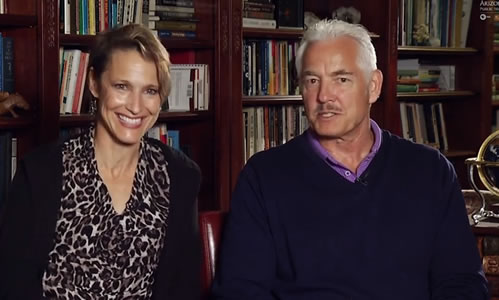Course Description
This course provides a synthesis of our understanding of men in their role as fathers in families from biological and cultural perspectives. The biological perspective explores the evolutionary history and adaptive dimensions of human fatherhood, including comparisons with forms of parenting and family life in other primate species, male life history strategies, and the contributions of genetic, developmental, physiological and ecological factors to fatherhood. The cultural perspective examines the ways in which fatherhood, marriage, and families vary across cultures in relation to differences in social traditions and practices, socio-political systems, and modes of subsistence. The synthesis of these two perspectives consists of understanding socio-cultural variability in human paternal behavior in the context of human evolutionary adaptations to past and ongoing social and ecological pressures. Through lectures and assignments students will apply this biocultural perspective to explore how men matter as fathers across species, acrross culturs, through time, and in contemporary society including in their own lives.


![]() Watch a video of media coverage about the course! - view
Watch a video of media coverage about the course! - view
![]() Watch the Arizona Public Media story about Fatherhood 101 - view
Watch the Arizona Public Media story about Fatherhood 101 - view
More media coverage:
“UA Course Explores Role of Fathers”
UA News, 29Mar13
“Gorillas help students understand fatherhood: First of its kind UofA class on parenting”
Phoenix News Ch12, aired June 13, 2013
“University aims to teach future dads more than how-to”
USA TODAY, 12Jun13
“Gorilla experts' course focuses on fathering”
Arizona Daily Star, 16Jun13
